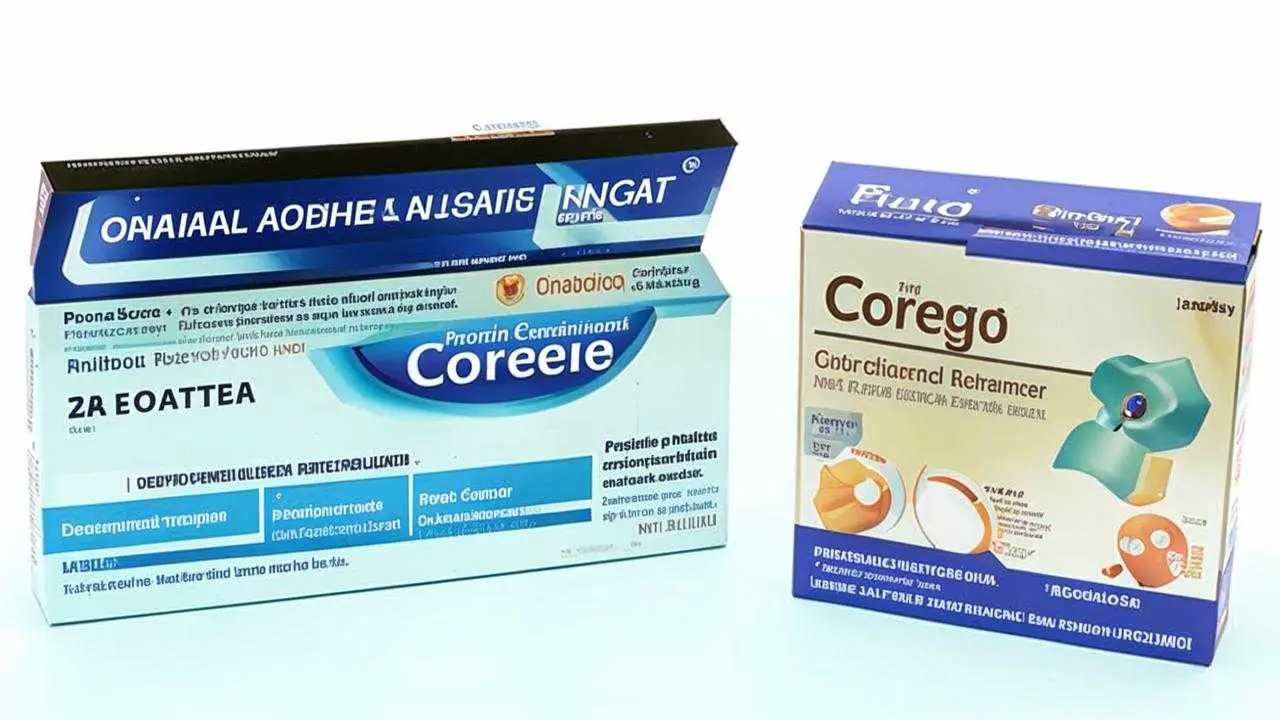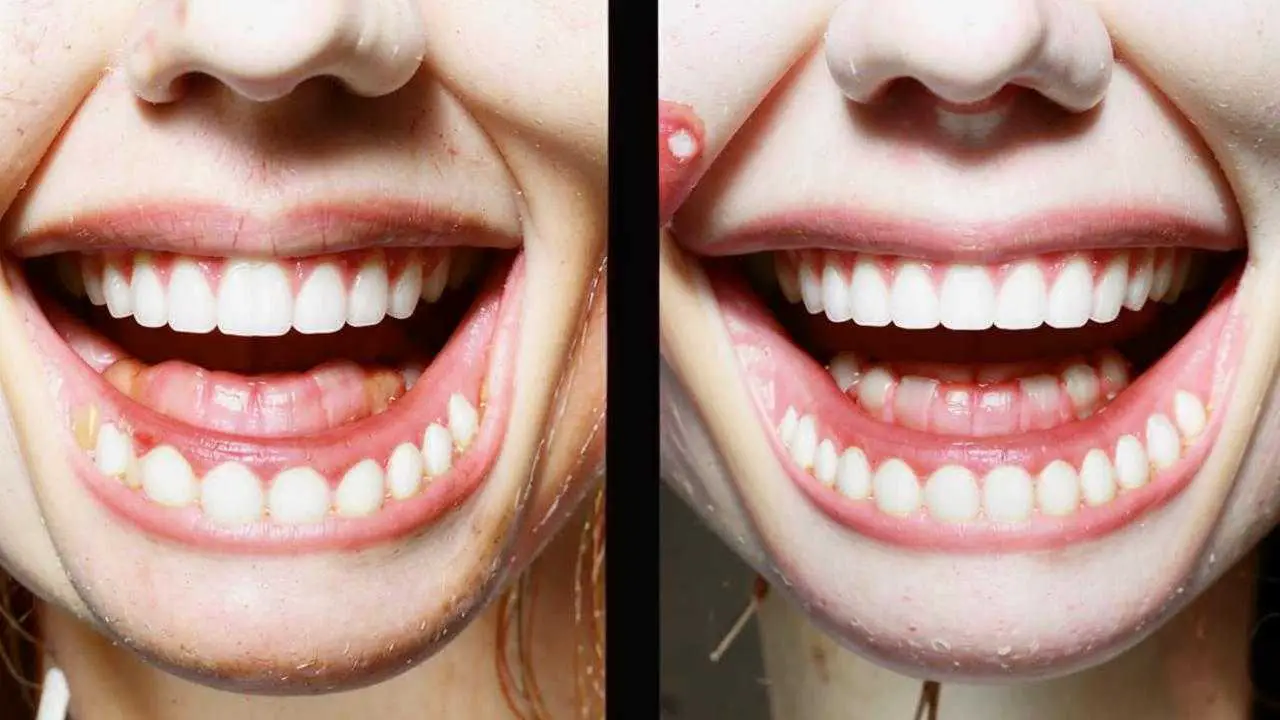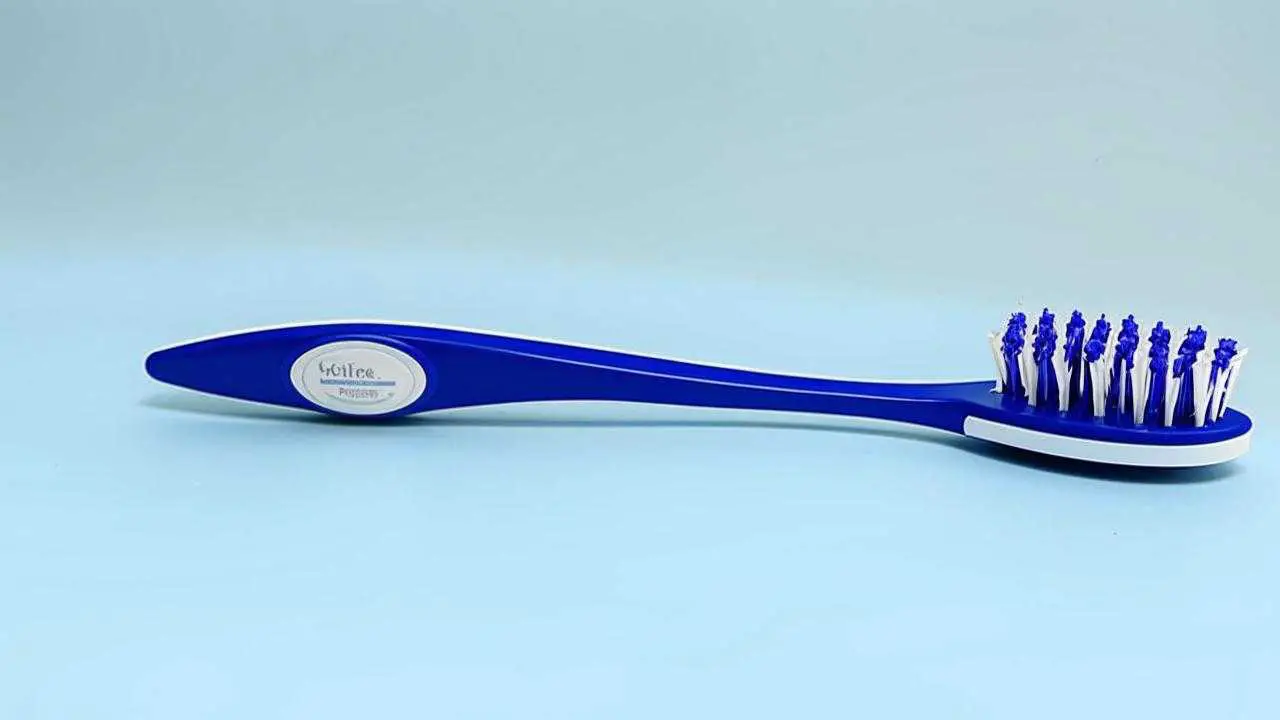Reading time ~ 4 min Number of readings: 71604
Poor ecology, improper nutrition, contaminated water lead to the fact that more and more people suffer from diseases of the teeth and oral cavity. In some cases it is not possible to save teeth. But the possibilities of modern prosthetics make it possible to regain a smile and self-confidence. Provided that the dentures do not come off. Unfortunately, this can happen.
Depending on whether some teeth have been saved or lost completely, full and partial removable dentures are fitted. Full dentures are held in place by the dentures:
- Wet surface adhesion – adhesion
- The relief of the oral cavity: bumps, protrusions and recesses (retention).
- Valve retention. Due to the difference in pressure, a vacuum forms under the restoration, which holds it in place.
Why removable dentures do not hold
In some oral diseases, due to individual characteristics or due to viscosity and insufficient saliva secretion, the mucous membranes dry out, adhesion is impaired and the removable denture wobbles.
Retention – retention due to relief, strongly decreases over time. This is due to bone loss and age-related changes in the mouth. As a result, the removable denture falls out.
The main retention force is the valve effect. As long as there is a vacuum, the retention will be excellent. Dentures fall off if air is trapped under the base.
The reasons why the upper denture falls out:
- Shortening of the borders of the denture. The length does not reach the end of the valve area, air gets in. Solution: The dentist forms a new edge using thermoplastics or wax, and the technician replaces them with plastic.
- The edge does not fit properly against the palate. The upper denture comes off and does not hold because there is no suction cup effect. In such cases, the restoration is cut, the error is corrected with wax or thermoplastic and the temporary materials are replaced with plastic again.
- Balancing Violation. After installation, the structure fits unevenly, wobbles. In such cases, dentistry recommends rebalancing. The orthopedist removes a layer from the inner surface, approximately 1 mm. On this place he applies a layer of corrective composition. Using the denture as an orthopedic spoon, an impression is made and given to the technician, who replaces the impression material with plastic.
Adhesion, retention and vacuum also influence the lower denture to fall out. But it is more difficult to work with. There is no space for the palatal bed, the lower jaw is constantly moving and the chewing load is higher.
If the lower removable denture does not hold, then the same measures are applied, but the doctor usually advises to use special means that improve the fixation of the denture. These are creams, gels and powders, the most famous brands are Korega and Protefix.
How to correct the situation
If the removable denture does not hold, you need to make an appointment with an orthopedist. It is not possible to adjust the dentures on your own. It can be so damaged that it can not be corrected. In addition, in the absence of special tools and skills, you can create a traumatic edge and provoke denture stomatitis.
The doctor will correct, adjust or rebase the structure and the problem is likely to be solved.
Sometimes, the patient cannot get used to the restoration or due to anatomical features the denture comes off and no measures help. In such cases, implant dentures are recommended.
Implantation is the implantation of titanium rods into the bone tissue, which act as the root of the tooth. A prosthetic structure is then attached to them. This can be either a separate crown or a full jaw restoration. This type of prosthetics will allow you to forget about the artificial jaw falling out. Implantation stops bone atrophy and restores normal chewing function.
Example of implant-supported dentures
The care of fixed structures is easier, they fit better and creams and gels are no longer necessary. It is enough to brush them like normal teeth and have preventive check-ups.
How to take care of dentures so that they fit well
Poor fit is caused not only by mistakes in prosthetics, but also by improper care. In order for the restoration to serve for many years you need to follow certain rules:
- Clean the structure 2 times a day with a special brush;
- use a toothpaste with a low level of abrasiveness;
- regular disinfection with special disinfectants;
- do not immerse the restoration in hot water;
- do not leave the restoration in the sun;
- store the denture in a special container.
Any abrasion, scratch or deformation can cause the removable denture to fail to hold.
If the restoration comes off while eating, you should eat soft food for a few days, try not to bite off pieces, but cut them off. Fixation gels can help to hold the artificial jaw and enjoy eating.
The main advice: if your dentures have fallen out or the structure is loose, rubbing the gum, food particles get inside, and you have painful sensations, consult a dentist. Often the problem can be solved simply, quickly and inexpensively.


